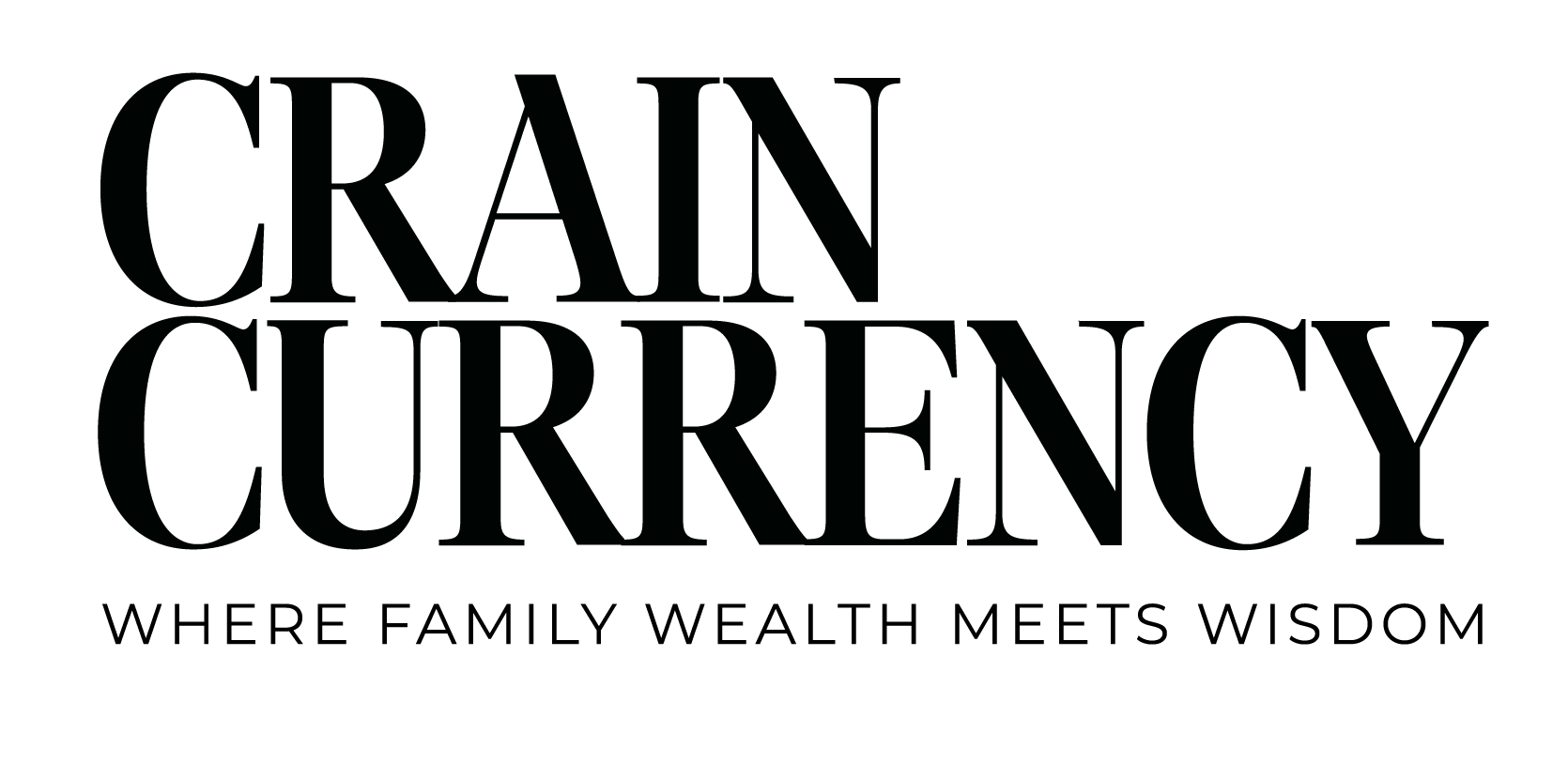Want to fly private? What your family office should know

Author: Marucs Baram
As family offices expand their reach around the globe, the need for a private jet for business and personal use has become even more of a necessity. It has also become easier due to the rise in fractional ownership and the growth of charter service providers such as NetJets, FlexJet and Vista Global.
Family offices are also increasingly outsourcing key functions to specialized aviation professionals and demanding sustainable aviation that has less of an impact on the environment.
In a recent survey by Airbus Corporate Jets, 75% of large family offices surveyed said they own a business aircraft, 34% said they lease one, 11% said they had access to a private jet through fractional ownership, 9% said they used charter services and 3% used jet card membership programs — the numbers total more than 100% because respondents could make more than one choice.
In addition, 93% of those that own or lease aircraft expect to upgrade to newer or better models in the next five years, partly due to the emergence of more fuel-efficient models.
The days of the family patriarch keeping a plane in a nondescript hangar at the airport as his personal toy are over, said David Clark, the managing director of the Integris Aviation Consultancy in Bloomington, Minnesota, which works with many family offices. “That’s changing, and family offices are more and more having some kind of role in managing that asset,” he said.
And when a family office takes that step toward a more formal approach, it needs to plan appropriately, with an aviation program that might include a special adviser, an aviation attorney and an aviation tax specialist, Clark said. That also means deciding whether to own or lease or share an aircraft, based on your specific needs and goals, while keeping in mind legal and tax concerns.
“The main thing is to really understand the purpose of the aircraft and to do more homework upfront to get a handle on some of these issues — are we going to keep it in the company or keep it in the family as a personal asset? Are we going to buy several planes for different types of missions or buy one main aircraft and supplement with charter or fractional?”
So where does a family office start when choosing how to fly private? These are the main options:
On-demand charter
The best option for families who only need private flights from 25-50 hours a year — equivalent to a trip every one to two months. There are over 2,000 air charter operators throughout the country. It’s important to do some due diligence on their safety record, cancellation and refund policies, and whether you can add passengers to an insurance policy.
“I had a client with some serious health issues, mobility issues, and she had to get from Jacksonville [Florida] to Aspen [Colorado], so we got a broker to charter her a flight,” said Glenn Ullmann, a former Air Force pilot who is the founding partner and wealth adviser at Ullmann Wealth Partners in Jacksonville Beach. "For her, it doesn't make sense to make a $1 million investment in a fractional ownership of a plane versus paying $70,000 to broker a trip on a private plane."
For those families who fly slightly more often — 50-100 hours a year — there are some popular membership models like NetJets and Wheels Up, which offer access to aircraft at preferred rates for an annual fee.
Fractional ownership
Another increasingly popular option is purchasing fractional shares in an aircraft, which offsets ownership costs like maintenance. It also comes with tax advantages.
“Fractional is nice when you want the tax advantages of depreciating a big asset,” Ullmann said. “So if you put up $5 million to own a share of a private jet, then you’re going to be able to get a depreciation bonus in the first year.”
It’s also good for peace of mind when it comes to management concerns, Clark said. “You’re not worried about the pilot getting sick or the plane being down for maintenance for 45 days. It’s a nice turnkey service.”
Leasing
If you fly more than 200 hours a year but want to avoid asset ownership and reduce the upfront capital investment, leasing may be a good option. Also, it might be an attractive choice to try out an aircraft before committing to that model long term, Clark said.
Ownership
Finally, whether because of the cachet of owning your own plane or the freedom to take off any time to any place, outright ownership may be favored. And that’s where it can get complicated.
If the family has an operating business, it might make sense to put the aircraft in the business, though it can get complicated to separate out personal use for tax purposes. If it stays in the family, it’s often worth setting up a separate LLC to own the aircraft. Otherwise, if it’s just an asset, “they’ve got a Gulfstream, and they’ll have $1.5 million worth of operating expenses, but they don’t have the income to offset that,” said Jonathan Epstein, a partner in the Washington office of the law firm Holland & Knight.
Owning, leasing or chartering a private jet has its privileges. But it can present challenges for family offices during periods of secession or a divorce.
“It can cause family strife,” Epstein said. “Some people are using it more than others; some don’t want to keep a plane and pay for maintenance.”
Next-gen members of a family are increasingly concerned about environmental impact, Clark said, so they might choose to sell the late patriarch’s giant Gulfstream or Falcon and get a couple of smaller, more efficient planes. The sustainability trend keeps growing, with 97% of family offices in the Airbus Corporate Jets survey saying they would be prepared to increase their travel budget to enable their flights to use sustainable aviation fuel more often.
Epstein once handled a “NetJet divorce” in which both parties wanted to keep access to the membership. “So we ended up convincing NetJets to split the share in half,” he said. “That worked out well, and they both got to keep flying private.”
|
|
Crain Currency is the premier digital news hub tailored for individuals overseeing family wealth and legacy. We provide industry news and peer-to-peer insights to help family offices address their unique challenges. We focus on connecting like-minded individuals and creating networking opportunities. |
